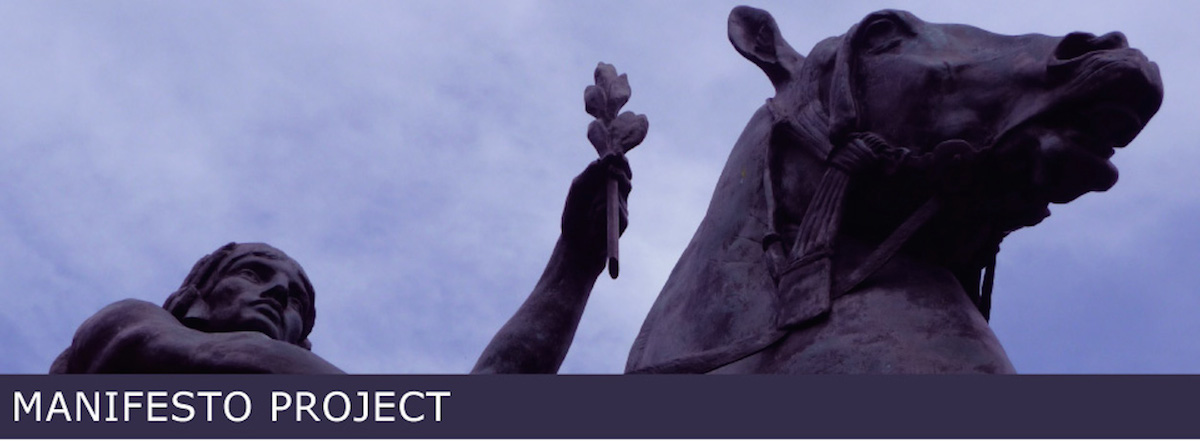Creator: Jonathan Heawood is director of English PEN, the literature and free speech organisation.
Purpose: In response to the News of the World phone hacking scandal, British PM David Cameron has announced an independent investigation into media ethics and standards. Jonathan Heawood offers his ten principles for media ethics that could be used by newspapers, bloggers, authors and book publishers.
A New Manifesto for Media Ethics
1. We believe in a free press that informs, entertains and holds the powerful to account. This is as true now as it was in the 17th century when Milton first argued against press censorship. The newspapers of the 1640s were as partisan and populist as anything available today. We shouldn’t let today’s scandal disrupt our historic belief in the free press.
2. We believe that there is a public interest in exposing crime, corruption and impropriety, where this affects the public. The “public interest” is the holy grail in this debate; if we could define it, we could support newspapers that pursue it (even into legal and moral grey areas), while punishing those that use it to justify hacking and harassment. The test is whether media revelations affect our lives – our consumer choices and our voting. There is no public interest in titillation.
3. We believe in the artistic freedom to explore and depict the life of our society in whatever form we choose. Artists and writers have the same right to free speech as the news media. Unless they are also to be subject to new restrictions, the same principles should apply to press freedom and artistic freedom.
4. We believe that everyone has the right to tell or sell the story of their own life, even where this touches upon the lives of others, unless they have explicitly promised not to do so. Since the birth of western literature, writers have written “what they know” – routinely invading the privacy of their friends, families and lovers in the process. What’s the difference between these works of art and a kiss-and-tell story? Free speech is about the freedom to express ourselves – however crudely.
5. We believe that society is able to set moral standards around free speech and privacy without legal sanctions, except in the most extreme circumstances. If someone does kiss and tell, in either a tabloid newspaper or a literary memoir, society has the ability to turn their backs on them. Aren’t social sanctions more powerful than legal penalties anyway?
6. We believe that any legal constraints on artistic and press freedom should only be used to prevent irreparable, substantial and serious harm to individuals. The law is a powerful, if sometimes blunt, instrument. It is not there for brand management.
7. We believe that pre-publication injunctions should only be available when there is an overwhelming likelihood of irreparable, serious and substantial harm. Injunctions are one of the most powerful weapons in the state’s armoury and should not be used lightly. They should only be applied if the harm, once done, could never be undone.
8. We believe that the state should not control the press other than through the administration of impartial and transparent criminal and civil justice. The courts are obliged to balance articles 8 and 10 of the European convention on human rights but this should be a last resort. We should be confident in self-regulation, and our own right of reply.
9. We believe in the right to live our lives without intrusion or surveillance by public or private bodies. Let’s not forget that, while we’re worrying about the newspapers, we’re forsaking great swathes of our privacy by giving data to the state and to private companies, which have a poor track record of protecting it.
10. We believe that if we supply data to public or private bodies this should only be sold or conveyed onwards with our express permission. Private data is not fair game for blaggers or advertisers. This is where all of us – not just a few celebrities, or unfortunate victims of the News of the World – are exposed to the privacy invaders, and this is where tougher laws really are needed.
Source
Full article from the Guardian.co.uk – 13 July 2011

